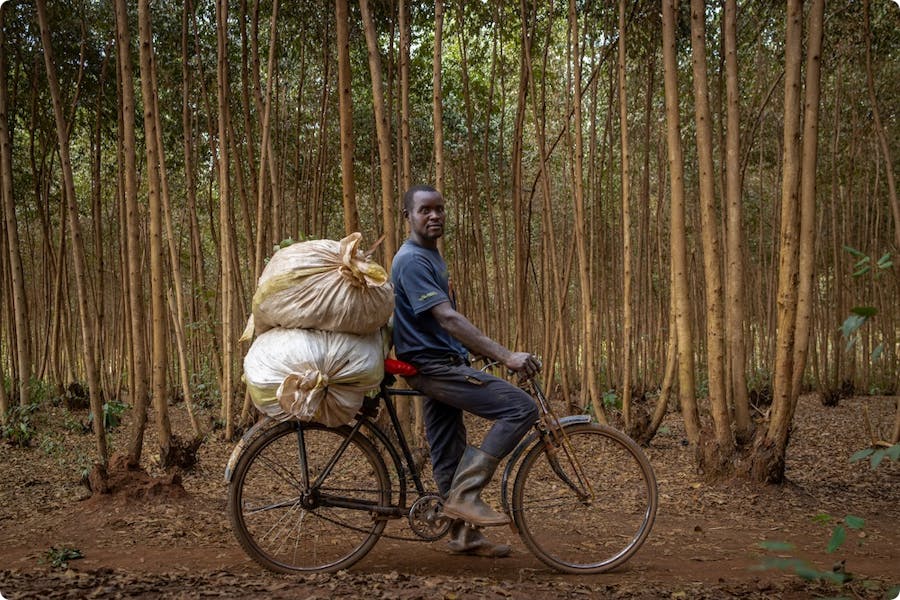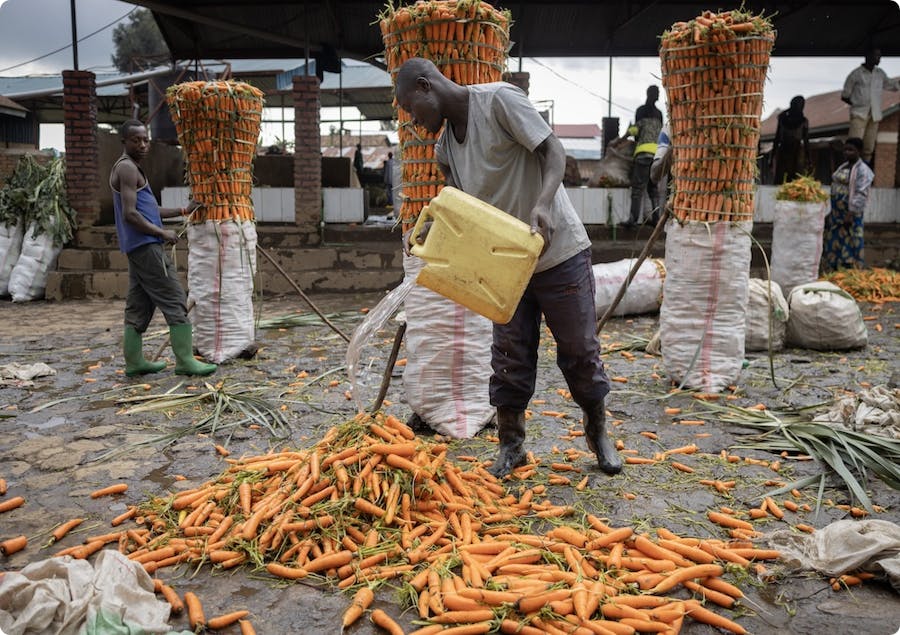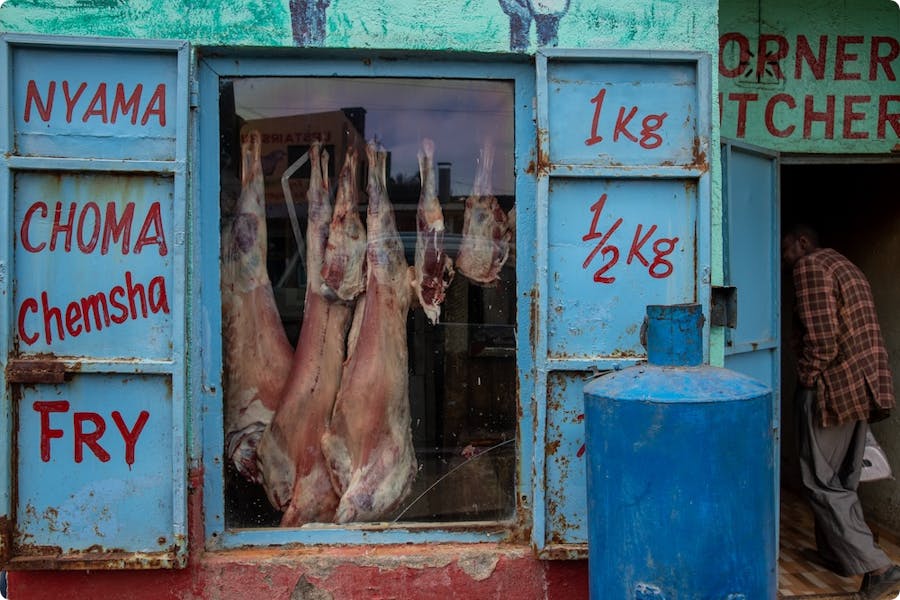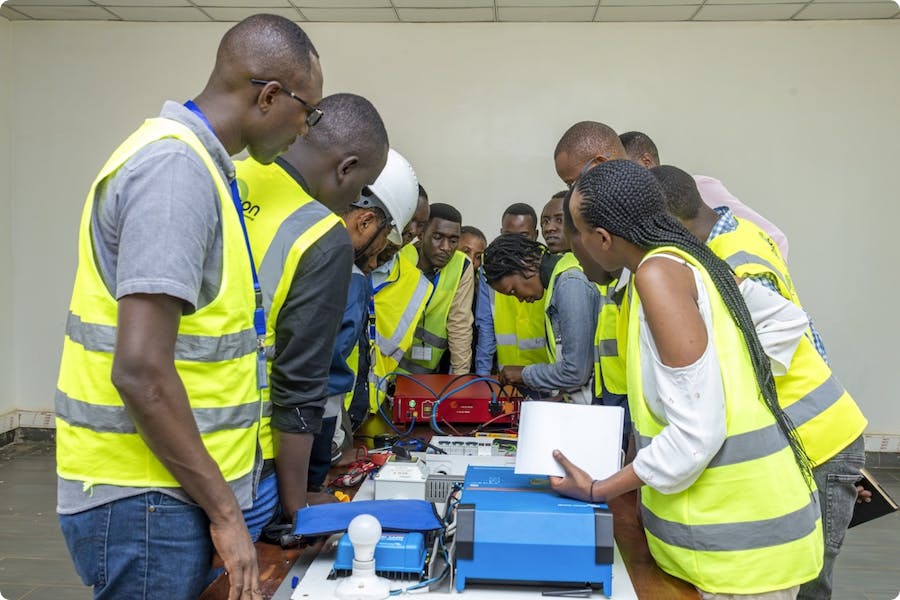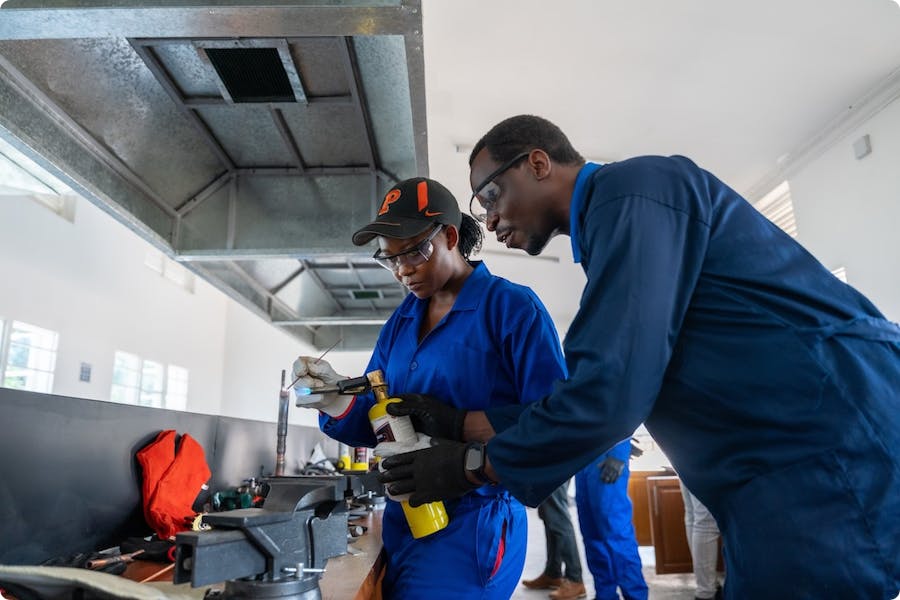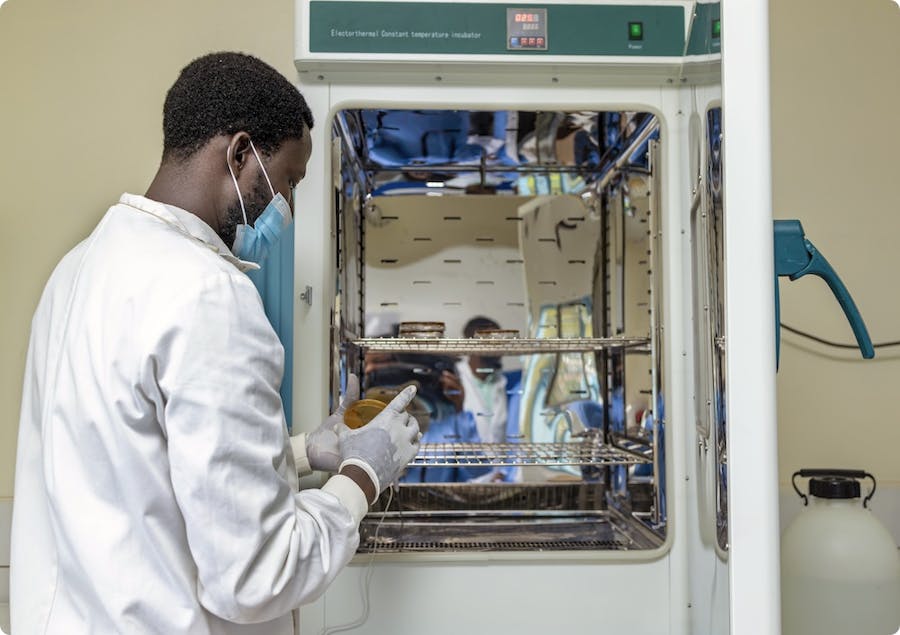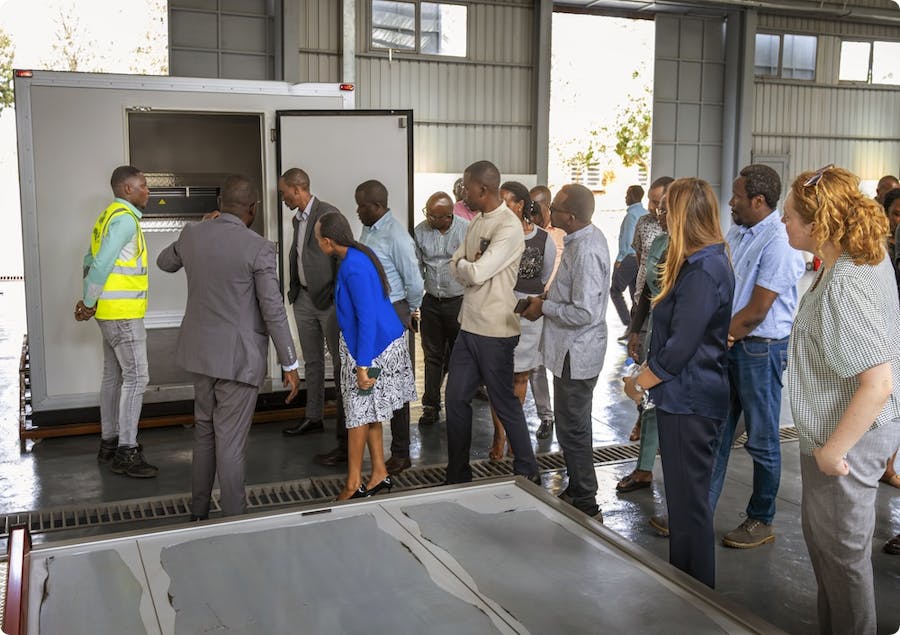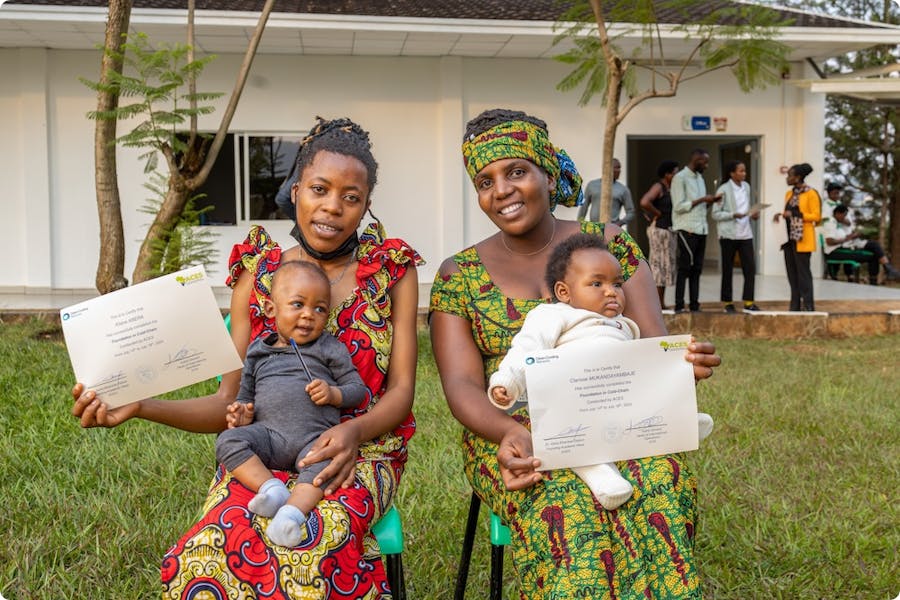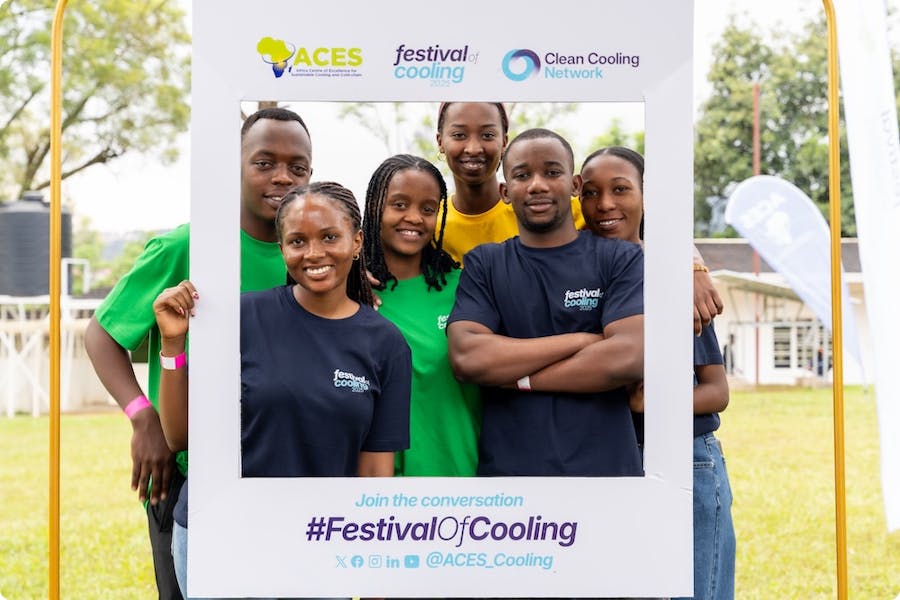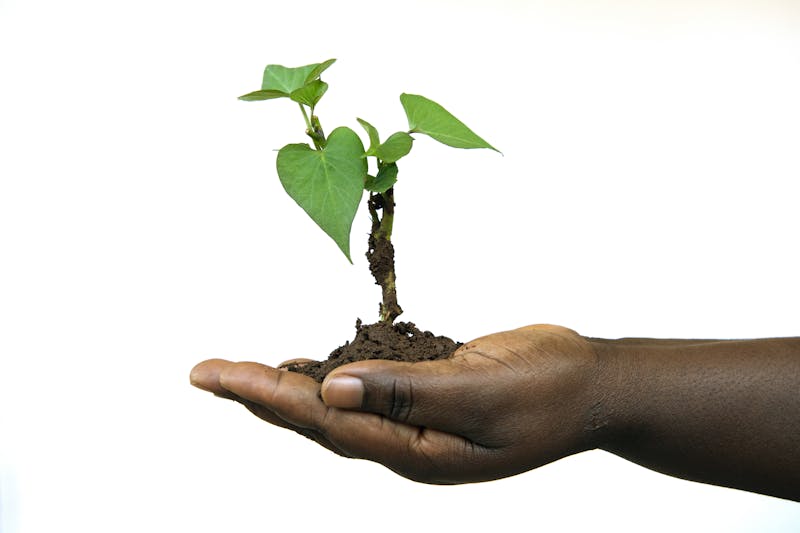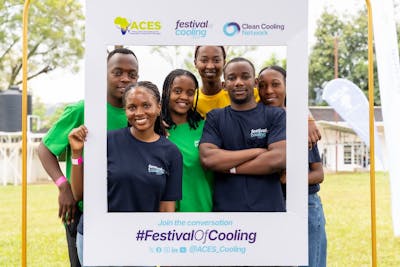The Clean Cooling Network (CCN) is a globally integrated programme to make cooling and cold-chain critical national infrastructure.
"How do we unlock the Global South's agricultural potential to feed itself, and the world, whilst economically empowering their smallholder farmers, making them climate-resilient… all without diesel?"
The Programme in Action
We believe it's time to start reframing cooling as critical infrastructure across the Global South.
Our approach enables the creation of technical, business and policymaking capabilities in-country, via training and professional development, before the deployment of any physical assets takes place on the ground.
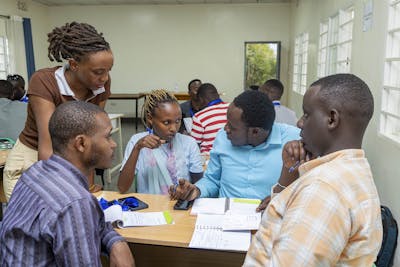
Training at CCN
Educational and professional development courses for you and your workforce.
The Academy
Through accredited training courses, the Clean Cooling Network Academy aims to equip local community members with the tools and skills to decrease:
- Inequality across their working environments
- Food spoilage before it reaches markets
- Vaccines and medicines degradation in transit
- Loss of income for farmers when supply chains break down
"Beyond numbers, early evaluations show measurable improvements in technical competence, confidence, and employability among trainees, with several graduates already securing roles in industry and others progressing into more senior positions. These outcomes demonstrate that ACES is creating not just skills, but livelihoods and career pathways."
Prof. Toby Peters - ACES - A review of 2025.
Network News, Discussion & Opinion
Expert comment and analysis from the Clean Cooling Network.
Network News
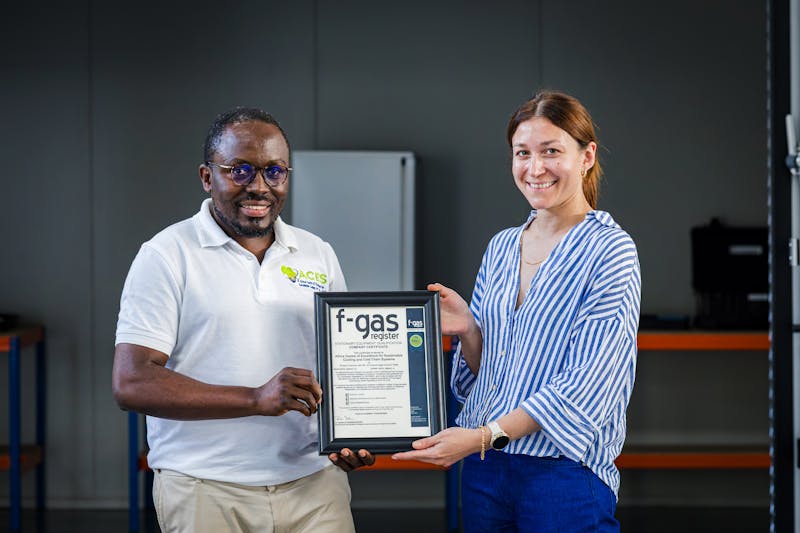
ACES has become officially F-Gas Registered
ACES has become officially F-Gas Registered, receiving the F-Gas Certificate is a major step forward for ACES. It confirms that our systems, equipment and technical practices meet internationally recognised standards.
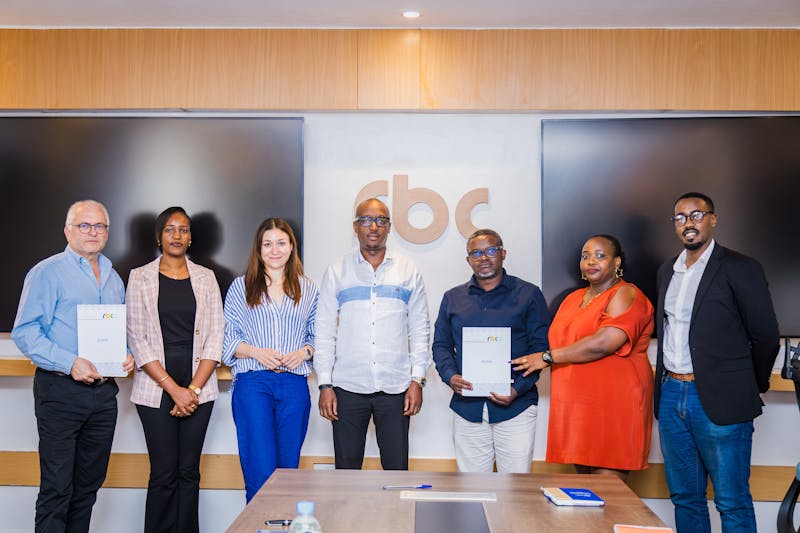
ACES & RBC sign MoU on vaccine security and cold-chains in Rwanda
The Rwanda Biomedical Centre (RBC) and the Africa Centre of Excellence for Sustainable Cooling and Cold-Chain (ACES) have signed a five-year Memorandum of Understanding to strengthen sustainable vaccine security and critical cold-chain systems in Rwanda.
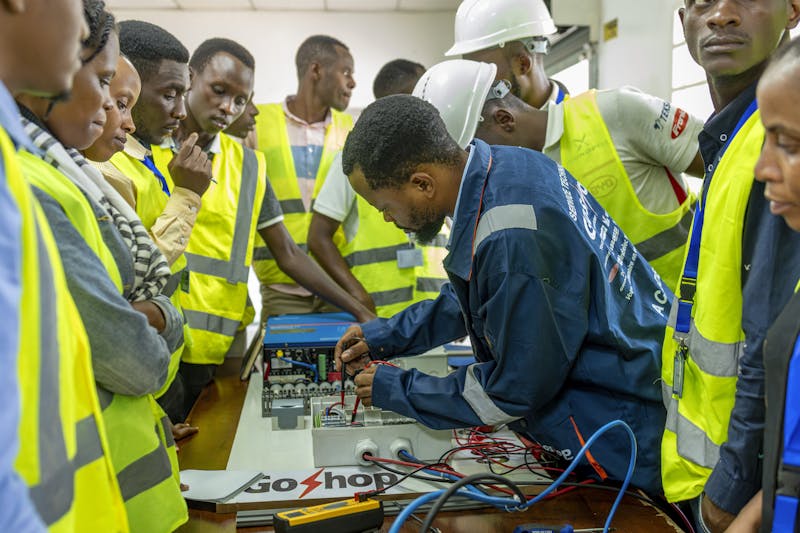
ACES announces first courses of 2026
ACES has announced its first batch of courses for 2026, offering training in brazing, refrigeration, solar power, and more. Students can choose from six courses, tailored to different sectors and skill levels.
Latest By Degrees
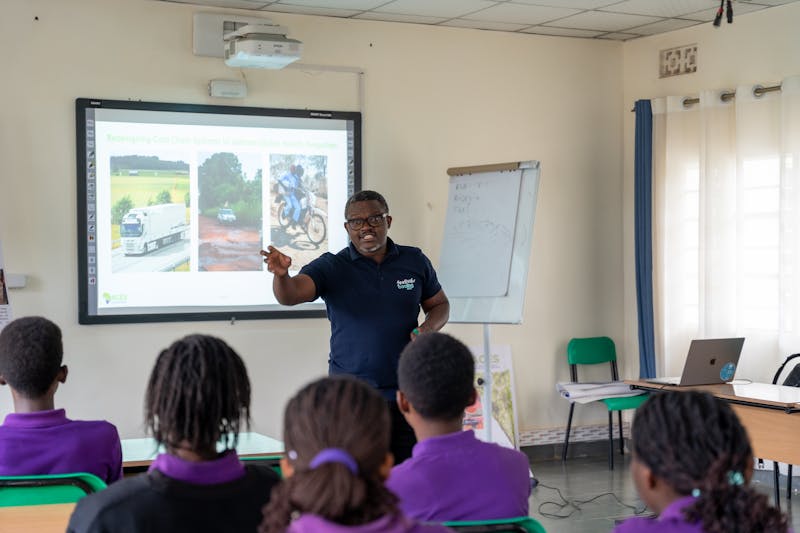
“Cold-chain is like the air we breathe”
When Dr Jean Pierre Musabyimana says with a smile that he “grew up alongside the healthcare system in Rwanda”, he really means it. His words are true in an obvious sense: the past three decades have seen dramatic improvements in Rwanda’s healthcare system.
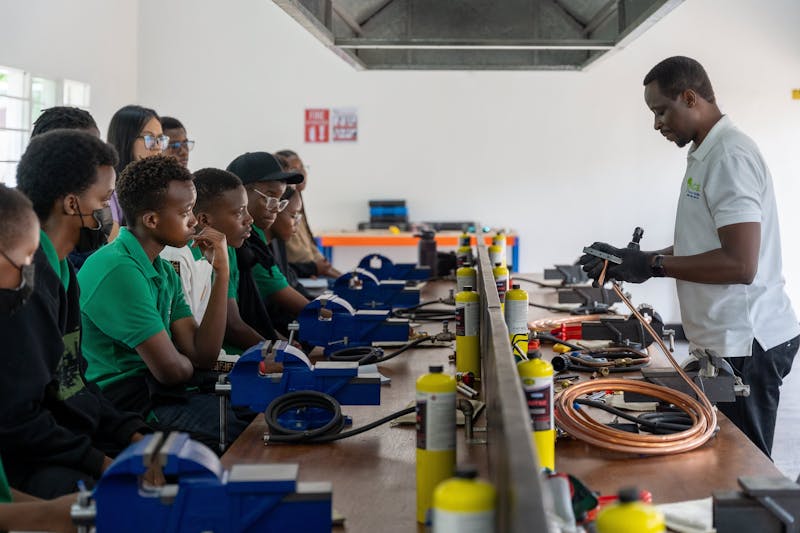
ACES - A review of 2025
Professor Toby Peters shares his reflections from 2025 on the enthusiastic, passionate and dedicated team of people that has been gathered together in ACES and how, collectively, they have rapidly turned an idea into reality, demonstrating that Rwanda...
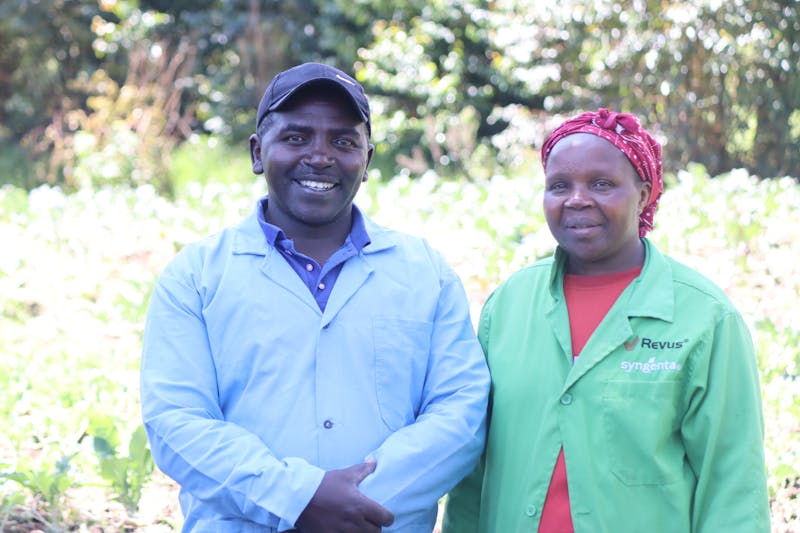
"On the right track": Zachary Kibiri on the successes and struggles of the Lari Cooperative
Zachary Kibiri, a Kenyan farmer and chairman of the Lari Cooperative, discusses the benefits of being part of the cooperative, the challenges they face and what they're focused on going forward.

